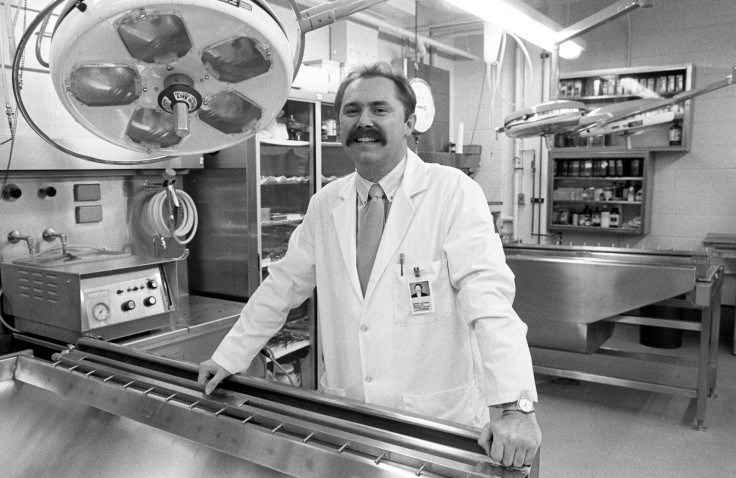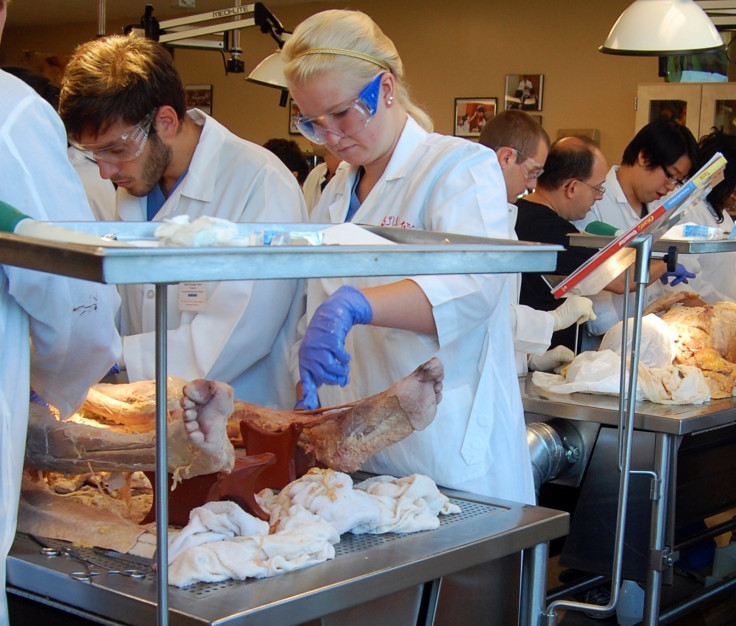What is body brokering? Preserved foetuses and rotting human heads discovered in Detroit warehouse
With the exception of organs used in transplants, the sale of body parts and cadavers is legal in the US.

A collection of various body parts were discovered in a warehouse in Detroit that was used for the sale of cadavers. Federal investigators arrested businessman Arthur Rathburn after they found four foetuses along with a number of rotting human heads.
During the December 2013 raid, the foetuses, which appear to have been in their second trimester, were found preserved in a liquid that also contained brain matter.
Additionally, a number of rotting human heads were discovered floating in a plastic cooler. Rathburn has refused to disclose where and how he managed to get the foetuses.
He is charged with nine counts of wire fraud, for telling his clients that the body parts being shipped were not diseased; one count of violating Department of Transportation regulations governing the transport of hazardous material; and three counts of making false statements to federal agents about these shipments. He has pleaded not guilty and will face trial in January.
"The actions depicted in these photos are an insult to human dignity," US Representative Bob Goodlatte, chairman of the House Judiciary Committee said, according to a Reuters exclusive. "[If individuals] violate federal laws and traffic in body parts of unborn children for monetary gain, [they should be] held accountable."
What is body brokering?
Body brokering or body trade is a thriving multimillion-dollar business which is legal in the United States. Aside from organs that are used in transplants, people are allowed to buy and sell body parts and cadavers. Despite being such a booming business, there are more or less no regulations.
A number of states do not require body broker facilities like Rathburn's warehouse to be inspected by public health officials and there is no way of knowing where the bodies came from.
However, foetal tissue trade is still illegal in the country.

In most known cases, a number of poor people offer their bodies in exchange for free cremation of parts not sold. But without enough federal oversight, the business can also be used to dispose of bodies of people who were murdered. In a number of cases, drug addicts are often targeted, many of whom disappear from rehab centres.
The cadavers are then sold to researchers, pharmaceutical companies, medical colleges and even engineers who use the bodies to test the effects of a car crash on a human body.






